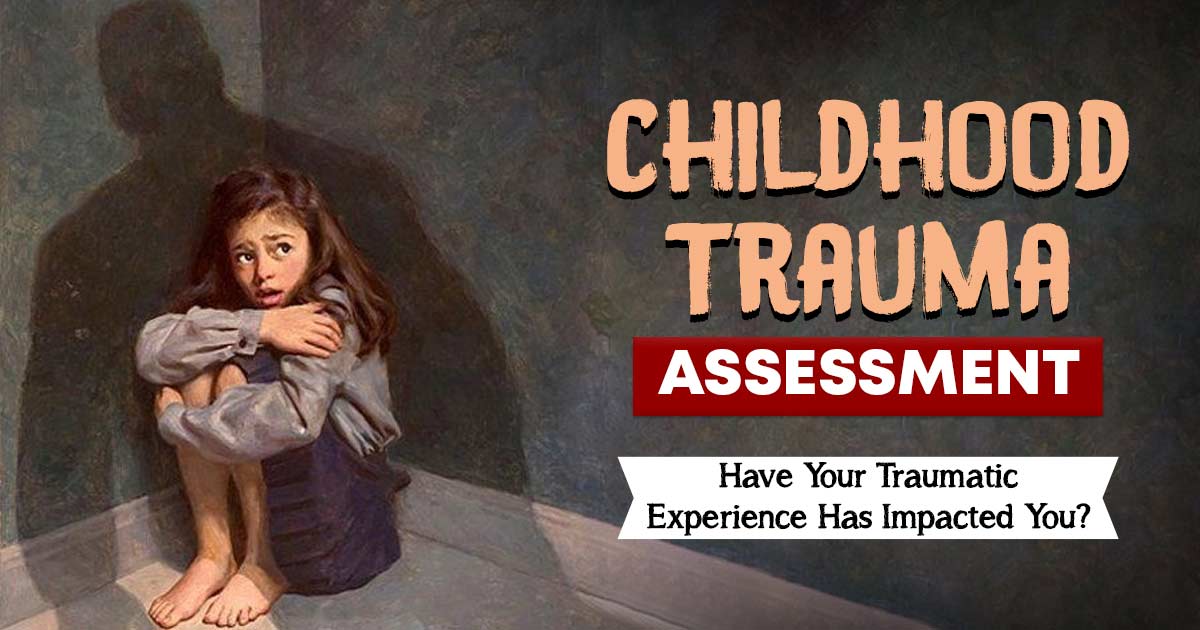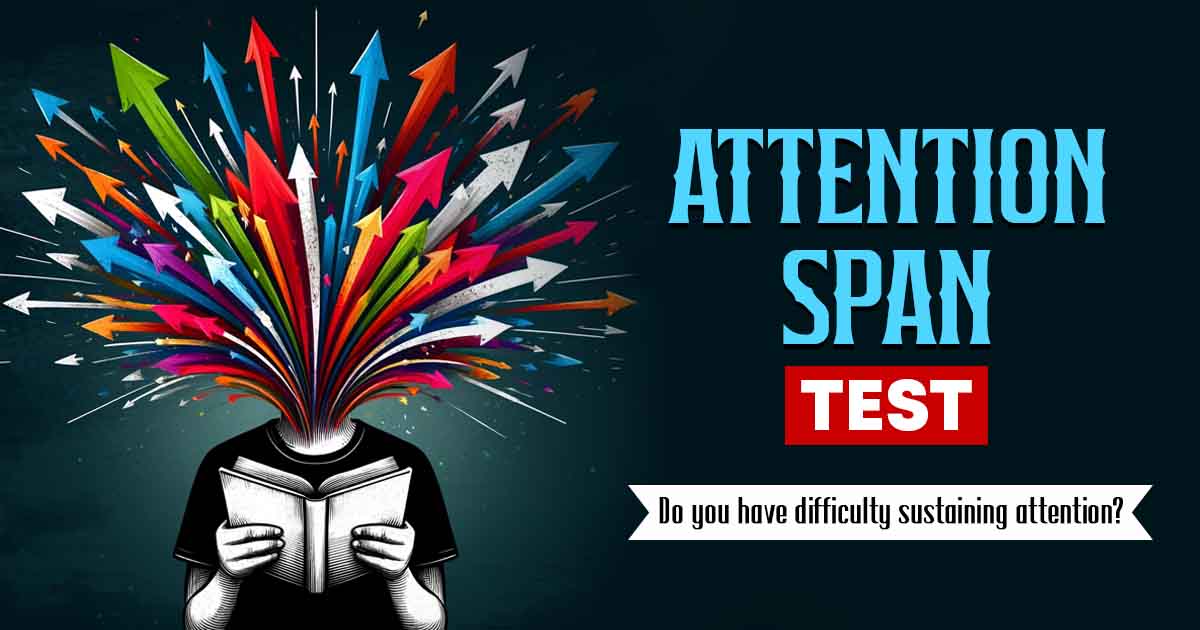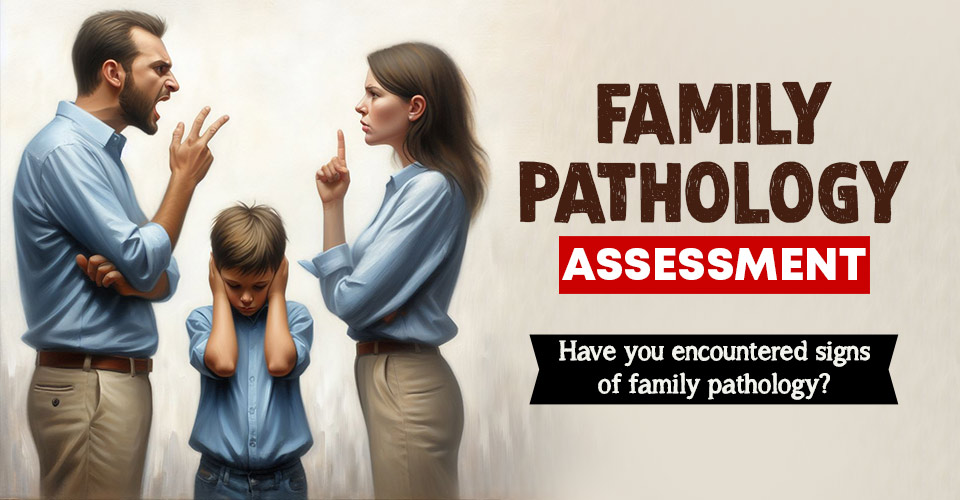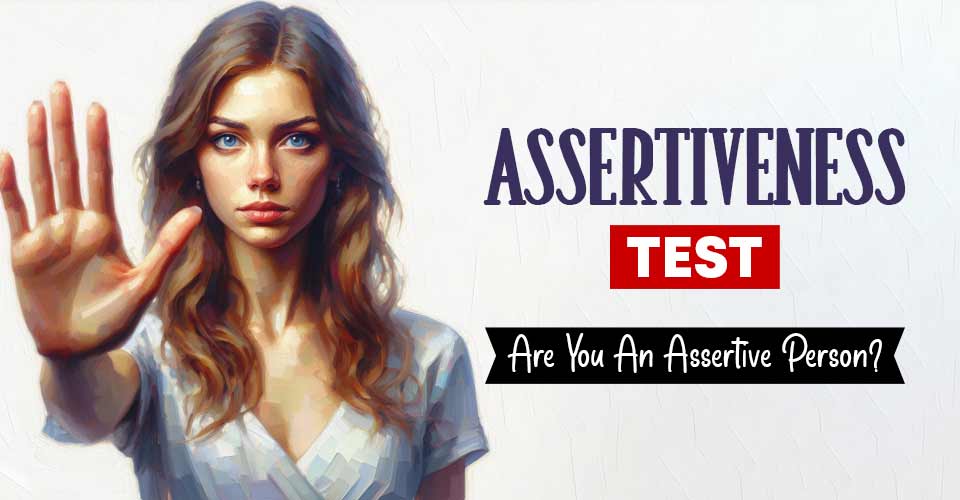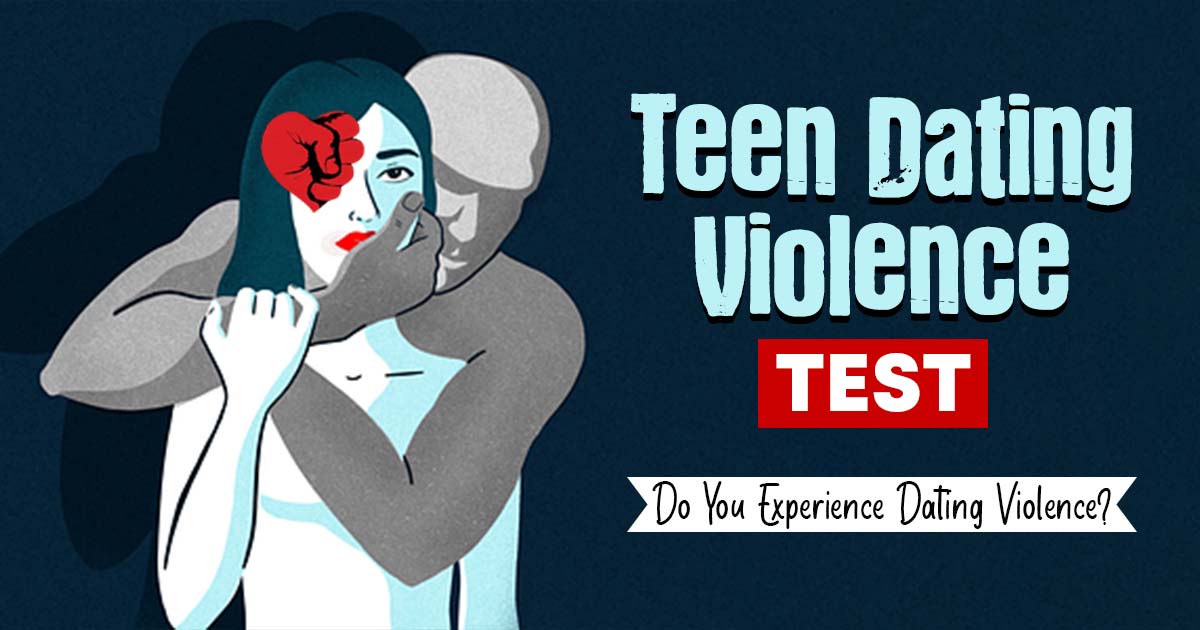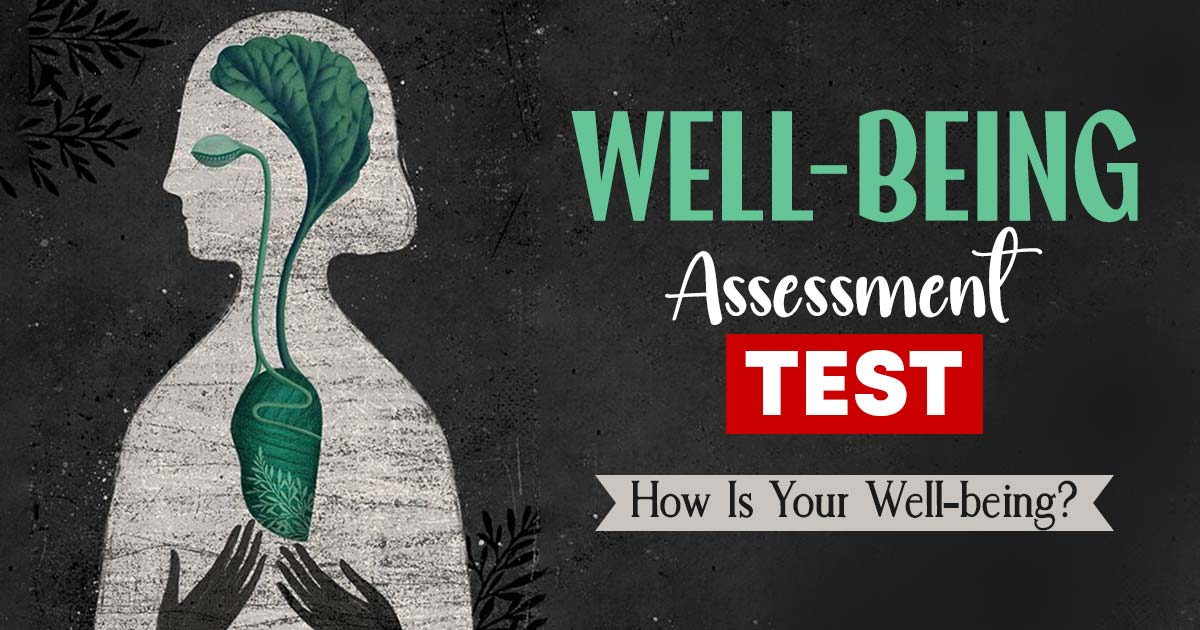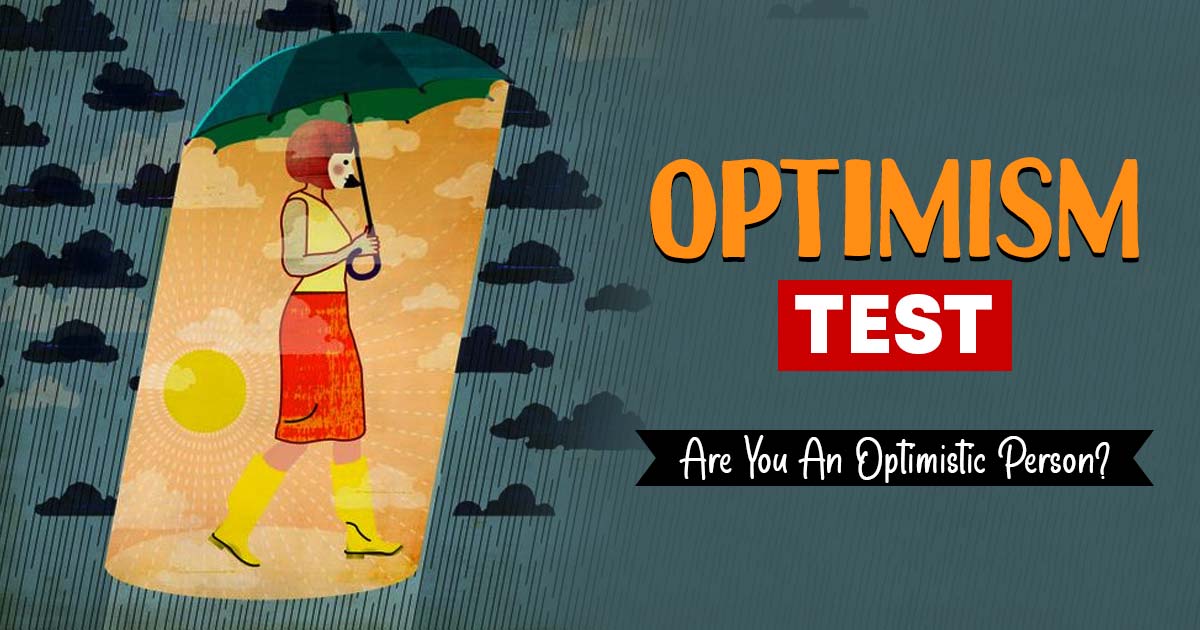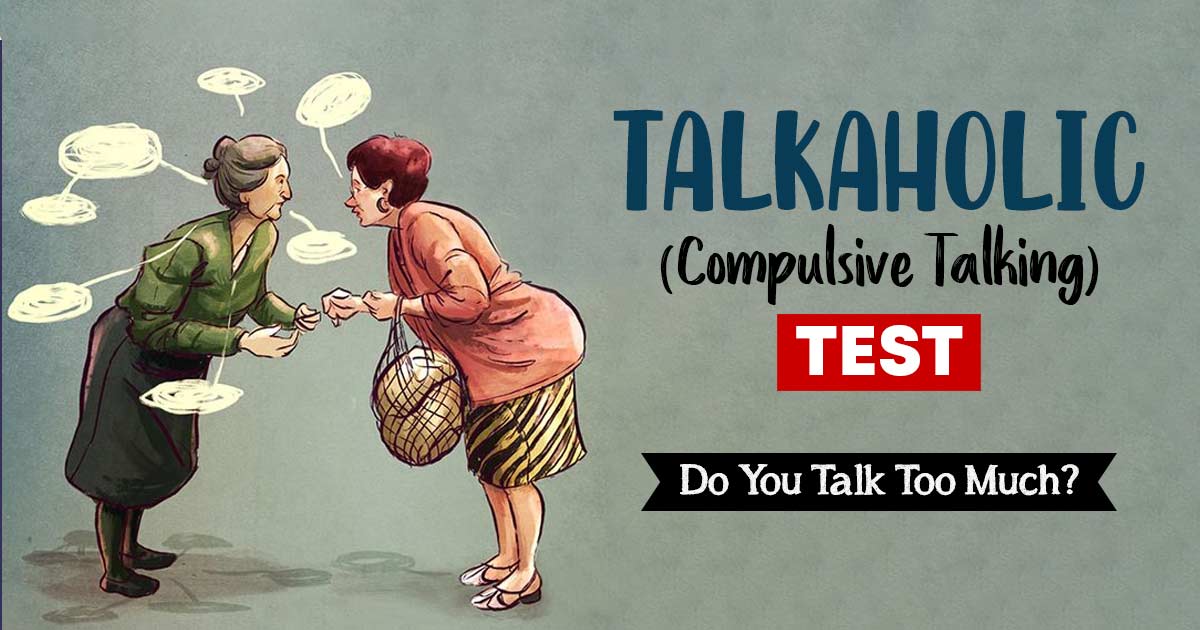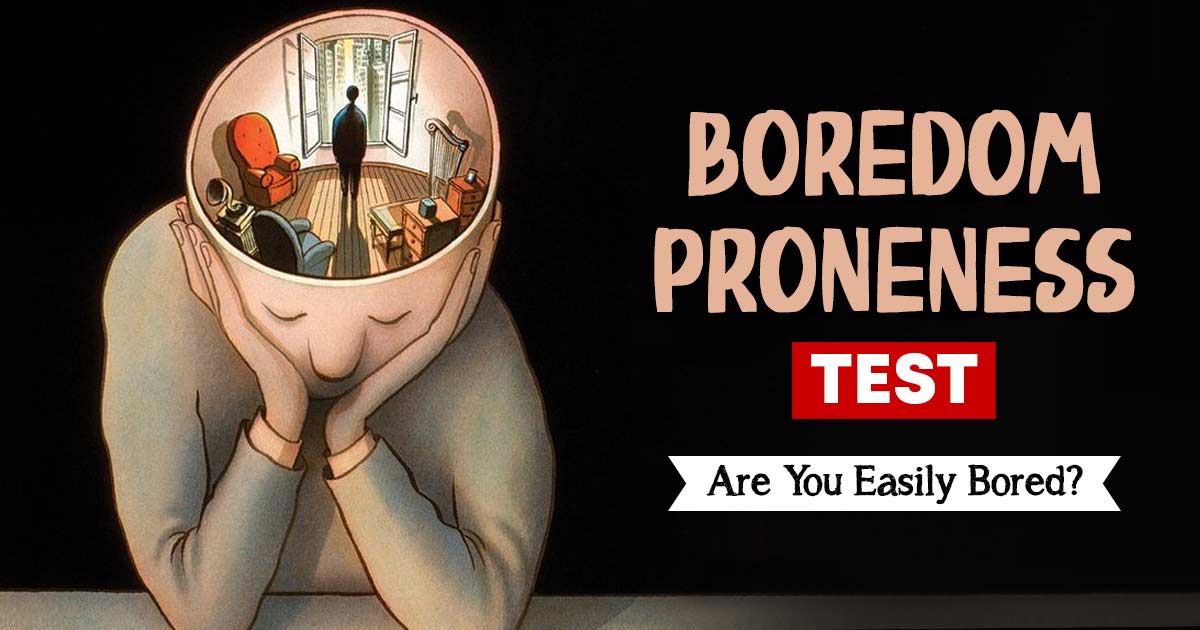Have you experienced a traumatic event during your childhood? Have you gone through nightmares or disturbing flashbacks related to the particular event? Have you felt neglected as a child? Or, do you find it challenging to trust and talk freely with others due to your adverse childhood experiences? Take this Childhood Trauma Assessment and know whether you have experienced similar trauma during childhood.
What is Childhood Trauma?
Childhood trauma refers to experiences of highly distressing or adverse events that occur during childhood. These events can be physical, emotional, or sexual abuse, neglect, witnessing violence, or the loss of a loved one, among others.
Childhood trauma can have long-lasting and profound effects on a person’s emotional, psychological, and physical well-being, potentially impacting their development, relationships, and overall quality of life. Examples of childhood trauma can include:
- Being subjected to physical harm or violence by a caregiver or family member
- Experiencing unwanted sexual contact or exploitation during childhood
- Witnessing horrific natural disaster and major accident during childhood
- Lack of adequate care, supervision, or emotional support from caregivers
- Experiencing the death of a parent, sibling, or close family member during childhood
Instructions For Taking Childhood Trauma Assessment
Below is a list of statements related to the traumatic experiences of an individual during childhood. Please read each statement carefully and rate the extent to which these are relevant to you.
Please note: This childhood trauma test is a self-assessment and not a diagnostic test.
Assessment Summary
0 of 15 Questions completed
Questions:
Information
You have already completed the assessment before. Hence you can not start it again.
Assessment is loading…
You must sign in or sign up to start the assessment.
You must first complete the following:
Results
Results
Your time:
Time has elapsed
You have reached 0 of 0 point(s), (0)
Earned Point(s): 0 of 0, (0)
0 Essay(s) Pending (Possible Point(s): 0)
Categories
- Mental Health Assessment 0%
-
Low Sign Of Experiencing Childhood Trauma
Your score indicates that you have a low sign of experiencing childhood trauma. It is evident from your score that you might have experienced a few traumatic events during your childhood and to a few extent might get nightmares or disturbing flashbacks related to the specific childhood event. Further, your score shows that in a few cases, your family might be insulted you or treated you in a way for which you felt neglected or traumatized during your childhood. Also, your score reflects that to a few extent, you might have experienced bullying behavior by your friends and as a result of that might find it a little challenging to trust others and interact friendly with a person.
Along with this, it can also be seen from your response that during the time of your childhood, you might have experienced a few traumatic accidents or violence, or other problematic issues between your parents. However, it should be noted that these signs would impact your social, occupational, personal, and other areas of functioning in life.
Want to learn more?
Some strategies can be used to manage the psychological effects of childhood trauma, such as surrounding oneself with supportive and understanding individuals, like friends, family, or support groups, sharing experiences and feelings with trusted individuals, identifying the situations that can trigger the experience of childhood trauma, learning to challenge and reframe these thoughts, and developing awareness about how childhood trauma can impact the mental health of an individual throughout their life. Alongside, also by practicing self-care habits such as eating healthy, getting enough sleep, practicing deep breathing, and seeking therapy can provide a safe space to explore and process one’s experiences, develop coping mechanisms, and work through the emotional impact of trauma. If you want to know how to cope with the experiences of your childhood trauma, talk to our professional psychologists.
You can use our Mood Tracker to stay mindful of your mood every day, and identify your innermost thoughts & emotions on a daily basis. It will help you in doing the things you love while limiting activities that might dampen your mood.
-
Moderate Sign Of Experiencing Childhood Trauma
Your score indicates that you have a moderate sign of experiencing childhood trauma. It is evident from your score that in some cases you might have experienced some traumatic events during your childhood and to some extent might get nightmares or disturbing flashbacks related to the specific childhood event. Further, your score shows that sometimes your family might be insulted you or treated you in a way for which you felt to some extent neglected or traumatized during your childhood. Also, your score reflects that often, you might have experienced bullying behavior by your friends and as a result of that might find it somewhat challenging to trust others and interact friendly with a person.
Along with this, it can also be seen from your response that during the time of your childhood in some cases you might have experienced traumatic accidents or violence or other problematic issues between parents and for which you might have faced physical issues such as headaches or stomaches related to the specific event. However, it should be noted that these signs would impact some of your social, occupational, personal, and other areas of functioning in life.
Want to learn more?
Some strategies can be used to manage the psychological effects of childhood trauma, such as surrounding oneself with supportive and understanding individuals, like friends, family, or support groups, sharing experiences and feelings with trusted individuals, identifying the situations that can trigger the experience of childhood trauma, learning to challenge and reframe these thoughts, and developing awareness about how childhood trauma can impact the mental health of an individual throughout their life. Alongside, also by practicing self-care habits such as eating healthy, getting enough sleep, practicing deep breathing, and seeking therapy can provide a safe space to explore and process one’s experiences, develop coping mechanisms, and work through the emotional impact of trauma. If you want to know how to cope with the experiences of your childhood trauma, talk to our professional psychologists.
You can use our Mood Tracker to stay mindful of your mood every day, and identify your innermost thoughts & emotions on a daily basis. It will help you in doing the things you love while limiting activities that might dampen your mood.
-
High Sign Of Experiencing Childhood Trauma
Your score indicates that you have a high sign of experiencing childhood trauma. It is evident from your score that you might have experienced a significant number of traumatic events during your childhood and might get nightmares or disturbing flashbacks mostly related to the specific childhood event. Further, your score shows that your family might be insulted you or treated you most of the time in a way for which you felt strongly neglected or traumatized during your childhood. Also, your score reflects that most of the time, you might have experienced bullying behavior by your friends and as a result of that might find it very challenging to trust others and interact friendly with a person.
Along with this, it can also be seen from your response that during the time of your childhood, you might have experienced a significant number of traumatic accidents or violence or other problematic issues between parents and for which you might have strongly experienced headaches or stomaches related to the particular event. However, it should be noted that these signs would strongly impact your social, occupational, personal, and other areas of functioning in life.
Want to learn more?
Some strategies can be used to manage the psychological effects of childhood trauma, such as surrounding oneself with supportive and understanding individuals, like friends, family, or support groups, sharing experiences and feelings with trusted individuals, identifying the situations that can trigger the experience of childhood trauma, learning to challenge and reframe these thoughts, and developing awareness about how childhood trauma can impact the mental health of an individual throughout their life. Alongside, also by practicing self-care habits such as eating healthy, getting enough sleep, practicing deep breathing, and seeking therapy can provide a safe space to explore and process one’s experiences, develop coping mechanisms, and work through the emotional impact of trauma. If you want to know how to cope with the experiences of your childhood trauma, talk to our professional psychologists.
You can use our Mood Tracker to stay mindful of your mood every day, and identify your innermost thoughts & emotions on a daily basis. It will help you in doing the things you love while limiting activities that might dampen your mood.
- 1
- 2
- 3
- 4
- 5
- 6
- 7
- 8
- 9
- 10
- 11
- 12
- 13
- 14
- 15
- Current
- Review
- Answered
- Correct
- Incorrect
-
Question 1 of 15
1. Question
I experienced a traumatic event during my childhood.
-
Question 2 of 15
2. Question
I have nightmares or disturbing flashbacks related to the event I experienced during my childhood.
-
Question 3 of 15
3. Question
When I was a child, someone in my family hit me hard and I had to go to the hospital or visit a doctor.
-
Question 4 of 15
4. Question
When I was growing up people in my family hurt me or insulted me badly.
-
Question 5 of 15
5. Question
When I was growing up someone tried to touch me inappropriately or tried to make me touch them.
-
Question 6 of 15
6. Question
When I was a child, my friend would make fun of me and bully me badly.
-
Question 7 of 15
7. Question
When I was a child, I witnessed shocking violent acts between my parents.
-
Question 8 of 15
8. Question
When I was a child, my parents were dealing with addiction issues.
-
Question 9 of 15
9. Question
I have witnessed accident, such as car/train/plane crash or burn during my childhood.
-
Question 10 of 15
10. Question
I have experienced natural disasters, such as earthquakes, cyclone, floods during my childhood.
-
Question 11 of 15
11. Question
I have witnessed the sudden death of a loved one, such as a parents/sibling/relatives/ friends during my childhood.
-
Question 12 of 15
12. Question
I find it difficult to engage in open social interaction or be friends with others because of my childhood experiences.
-
Question 13 of 15
13. Question
I experience physical symptoms like headaches or stomachaches that are connected to a specific event of my childhood.
-
Question 14 of 15
14. Question
I find it challenging to trust other people due to my childhood traumatic experience.
-
Question 15 of 15
15. Question
I struggle with managing my emotions and circumstances o life due to my childhood experience.

